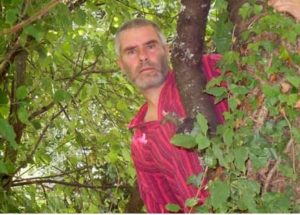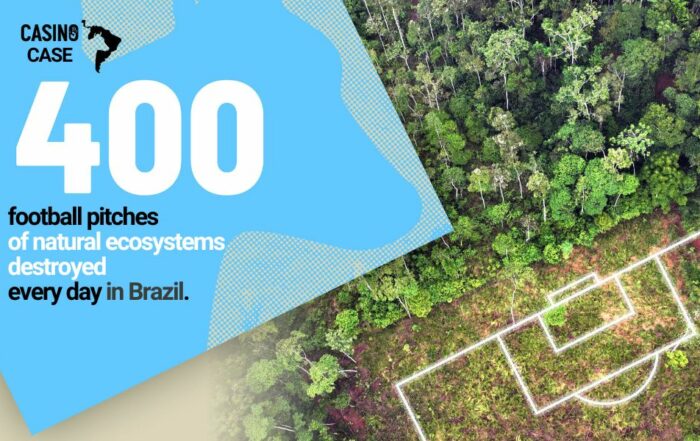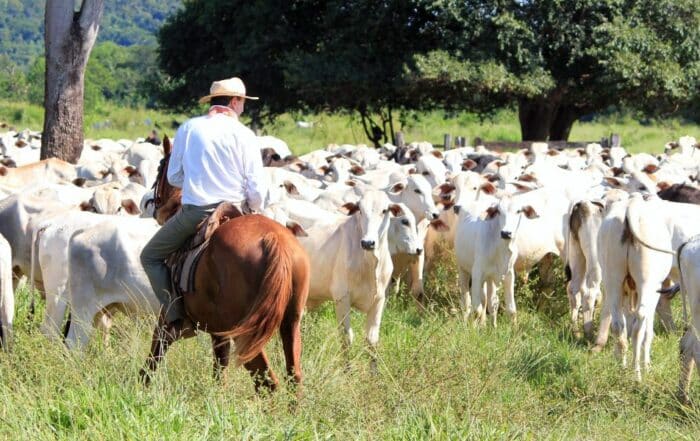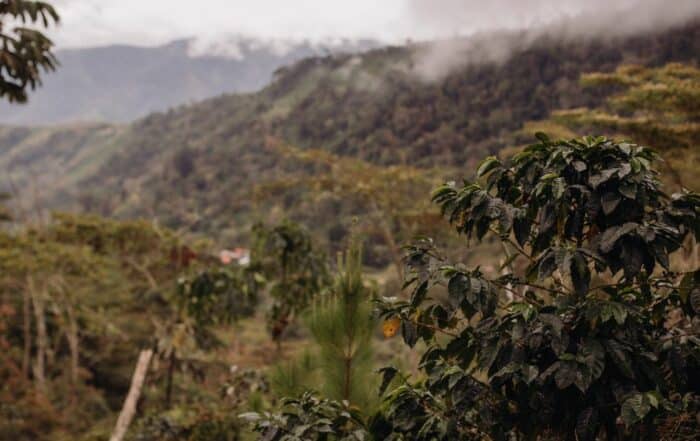 I joined the Conservatory in 1987 as a conscientious objector. I conducted a survey of the local jasseries, the farmhouses in which the fourme d’Ambert (a variety of blue cow’s milk cheese) was made. I have since continued to support the development of projects in the Forez region of France. I participate in initiatives focusing on the preservation of biodiversity and the wider cultural heritage of the mountain range.
I joined the Conservatory in 1987 as a conscientious objector. I conducted a survey of the local jasseries, the farmhouses in which the fourme d’Ambert (a variety of blue cow’s milk cheese) was made. I have since continued to support the development of projects in the Forez region of France. I participate in initiatives focusing on the preservation of biodiversity and the wider cultural heritage of the mountain range.
In the Forez mountains, our priority is to take steps in both the Fossat and Reblats glacial valleys in order to prevent the anarchic reforestation of the land at the foot of the valleys and to conserve the present beech, fir and maple plantations. By building close working relationships with mountaineers who understand the importance of environmental preservation, we have been able to acquire several dozen hectares of land. These areas now serve as the sites of scientific investigation and observation.
Some are co-managed with farmers, others are used as experiments in forest management, or are even left untouched and thus able to evolve naturally. In order to maintain this successful working relationship, we need to keep in regular contact with our local partners, some of whom have become good friends.
![[GLACIAIRES]Vallée des Reblats18©D.Tarrier](https://da1323dc.delivery.rocketcdn.me/wp-content/uploads/2013/02/GLACIAIRESVallée-des-Reblats18©D.Tarrier-199x300.jpg) It is thanks to the extensive knowledge of the landscape, traditional farming practices and the history of the massif which those working there have shared with us that we are able to work towards the protection of this area of great ecological value. We are especially grateful for this support at a time when our values are in direct contradiction with the developments – such as the opening of ski trails, logging operations, the commercialisation of mountain areas and the intensification of farming – being proposed in the area.
It is thanks to the extensive knowledge of the landscape, traditional farming practices and the history of the massif which those working there have shared with us that we are able to work towards the protection of this area of great ecological value. We are especially grateful for this support at a time when our values are in direct contradiction with the developments – such as the opening of ski trails, logging operations, the commercialisation of mountain areas and the intensification of farming – being proposed in the area.
You could say that our efforts to conserve the mountain’s landscape stem from a desire to return to the balance which the peasants living and working in the forests were once able to maintain: a mountain which is lived upon, cultivated and used to serve a community, but also a mountain where nature receives the respect it deserves.
 I joined the Conservatory in 1987 as a conscientious objector. I conducted a survey of the local jasseries, the farmhouses in which the fourme d’Ambert (a variety of blue cow’s milk cheese) was made. I have since continued to support the development of projects in the Forez region of France. I participate in initiatives focusing on the preservation of biodiversity and the wider cultural heritage of the mountain range.
I joined the Conservatory in 1987 as a conscientious objector. I conducted a survey of the local jasseries, the farmhouses in which the fourme d’Ambert (a variety of blue cow’s milk cheese) was made. I have since continued to support the development of projects in the Forez region of France. I participate in initiatives focusing on the preservation of biodiversity and the wider cultural heritage of the mountain range.
In the Forez mountains, our priority is to take steps in both the Fossat and Reblats glacial valleys in order to prevent the anarchic reforestation of the land at the foot of the valleys and to conserve the present beech, fir and maple plantations. By building close working relationships with mountaineers who understand the importance of environmental preservation, we have been able to acquire several dozen hectares of land. These areas now serve as the sites of scientific investigation and observation.
Some are co-managed with farmers, others are used as experiments in forest management, or are even left untouched and thus able to evolve naturally. In order to maintain this successful working relationship, we need to keep in regular contact with our local partners, some of whom have become good friends.
![[GLACIAIRES]Vallée des Reblats18©D.Tarrier](https://da1323dc.delivery.rocketcdn.me/wp-content/uploads/2013/02/GLACIAIRESVallée-des-Reblats18©D.Tarrier-199x300.jpg) It is thanks to the extensive knowledge of the landscape, traditional farming practices and the history of the massif which those working there have shared with us that we are able to work towards the protection of this area of great ecological value. We are especially grateful for this support at a time when our values are in direct contradiction with the developments – such as the opening of ski trails, logging operations, the commercialisation of mountain areas and the intensification of farming – being proposed in the area.
It is thanks to the extensive knowledge of the landscape, traditional farming practices and the history of the massif which those working there have shared with us that we are able to work towards the protection of this area of great ecological value. We are especially grateful for this support at a time when our values are in direct contradiction with the developments – such as the opening of ski trails, logging operations, the commercialisation of mountain areas and the intensification of farming – being proposed in the area.
You could say that our efforts to conserve the mountain’s landscape stem from a desire to return to the balance which the peasants living and working in the forests were once able to maintain: a mountain which is lived upon, cultivated and used to serve a community, but also a mountain where nature receives the respect it deserves.






